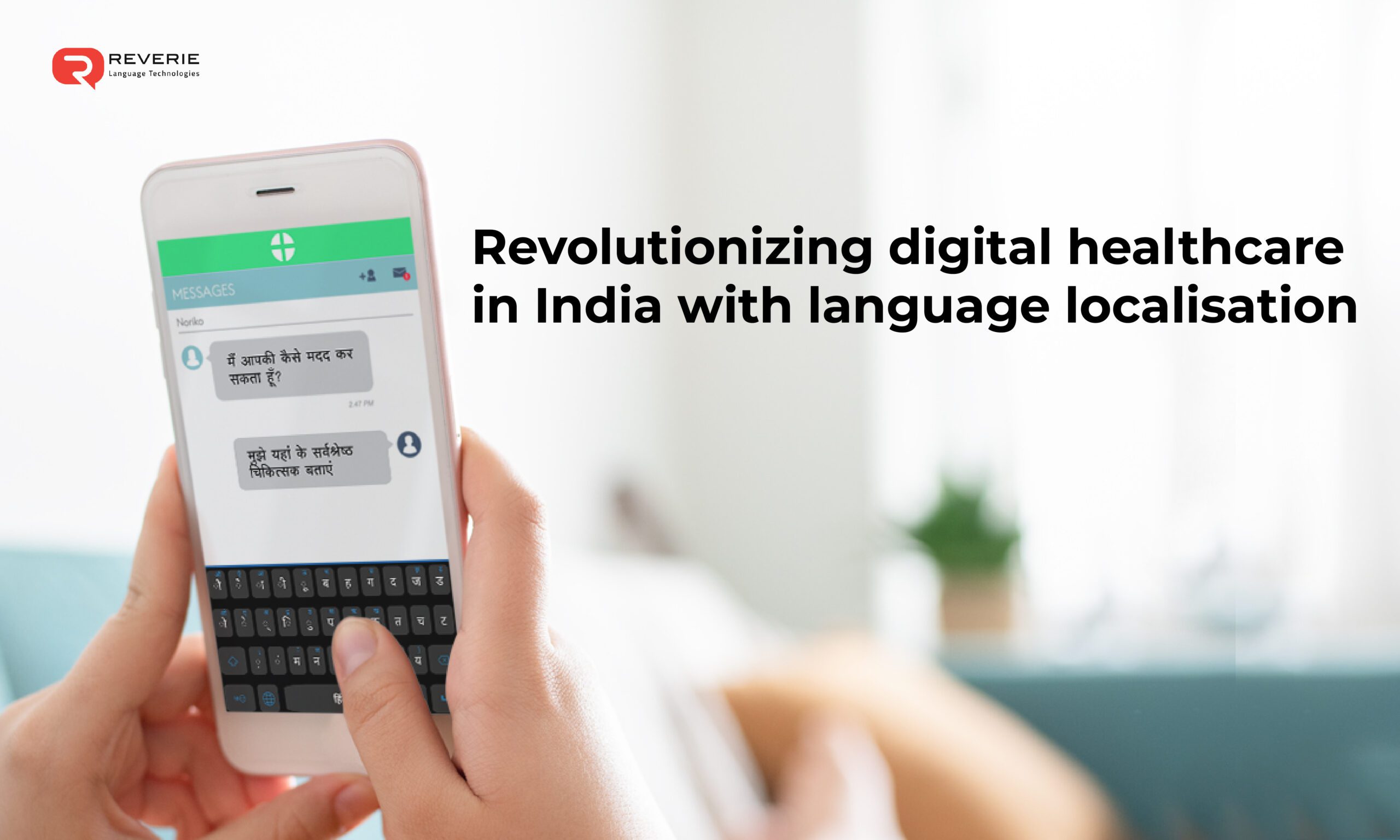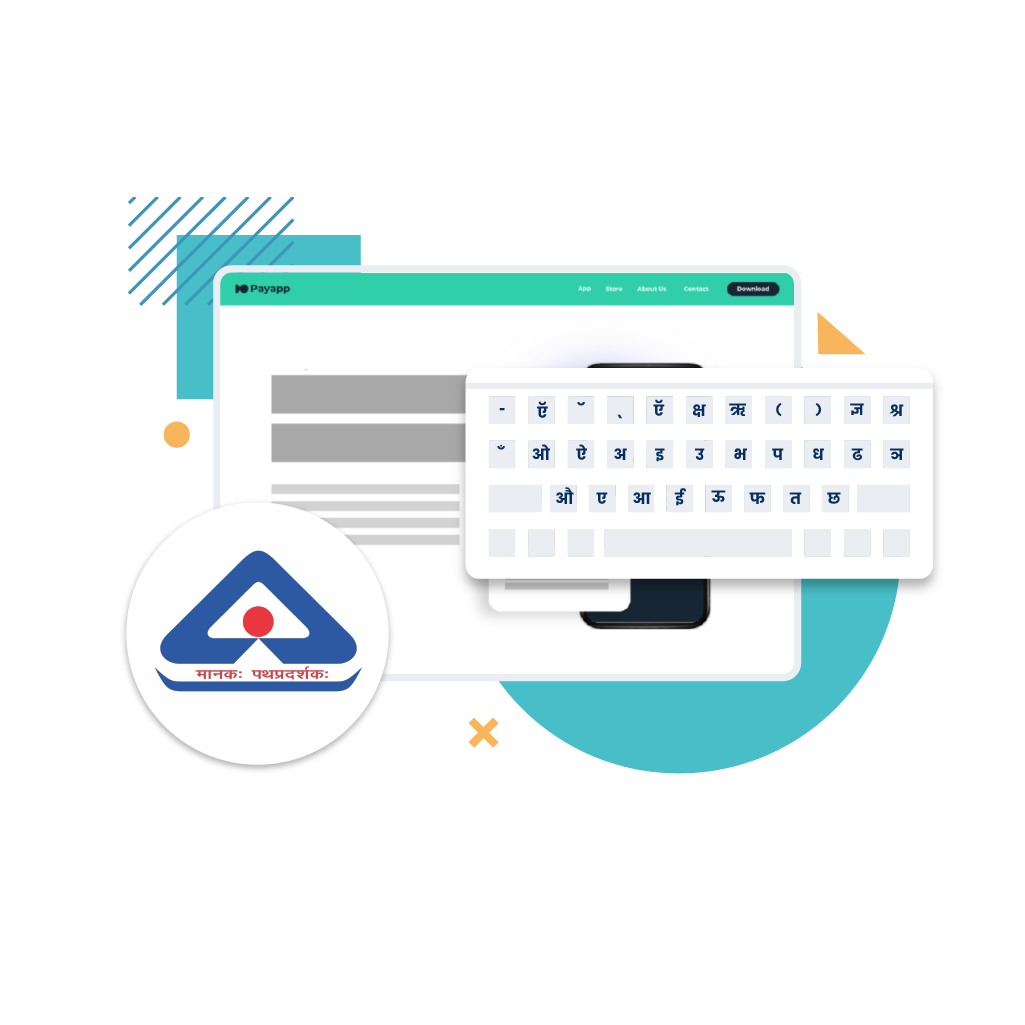mHealth or Mobile healthcare services have already revolutionized the healthcare industry in India. Starting from digital medical appointments to ordering medicines online at the lowest prices, healthcare apps have brought a plethora of healthcare services at the fingertips of the users.
With increasing smartphone penetration and availability of affordable data plans, online communication between the users and healthcare professionals have become more common and is now considered more convenient for patients in India. From booking online appointments to communicating with the doctors, getting e-prescriptions to ordering medicines at the lowest prices, mHealth has been able to provide a complete healthcare experience to the users. It also plays an important role in storing and retrieving patients’ data and delivers high-quality healthcare services to the mHealth users. Mobile healthcare services are not just convenient, but it is also cost-effective when it comes to consultations, diagnosis and medicines.
India – The Largest Market for mHealth Platforms:
A report published by PWC states that, “India ranks 2nd among developing countries studied on maturity for mHealth adoption”. India, with its huge user-base, can provide a fertile ground for mHealth to flourish. However, the only barrier in India for any business to grow is its linguistic diversity. Here is where localization comes into play.
As per the Google KPMG report, Indian language internet user-base will grow exponentially in the coming years and by 2021, the number will cross 500 million. Although there is a huge demand of mHealth applications, yet rapid adoption is not happening in India. Technology is not the issue here, but the unavailability of Indian language support for these apps. While the majority of Indian internet users only rely on Indian language content, online medical services in English penetrates a very small part of them.
According to a PwC study, India ranks among the top 5 for mHealth related searches. However, no health tech player can claim to have changed the sector the way Ola has changed how we commute, or Flipkart has changed how we purchase.
Here is how localization can revolutionize mHealth apps in India
Multilingual Communication with Local Language Speaking Doctors:
Nowadays a lot of healthcare apps allow patients to chat with doctors. After the patient enters his/her problem in the app, the doctor is appointed automatically based on the type of disease (Sometimes charges are also applicable) with whom the patient can chat and share his or her health issues. The doctors provide e-prescriptions and medicines can be ordered online.
However, online healthcare platforms do not allow any multilingual conversation between doctors and patients. English language is the only option to communicate with the healthcare professionals which makes the users uncomfortable. To make this possible, the healthcare app should also make local language speaking doctors available for multilingual user-base. Dynamic Localization of Doctor’s name and specialization is also needed for non-English speaking users. When it comes to healthcare, trust plays a huge role. Google KPMG report has shown that 70% of Indian internet users trust local language content and having trust is crucial when it comes to medical consultation.
Localization of Online Medical Stores
Online medical stores have gained prominence in India and it takes just a few clicks now to order medicines and get them at your doorstep. However, most of the online medical stores are not localized and only available in English language. Hence, majority of the Indian language internet users are not being able to use these services. Whether it is the interface or the payment gateway, at every step an Indian language internet user will face difficulty in using English or partially localized online medical stores.
Medicines are available at low cost at most of the online medical stores. In fact, huge discounts are also available exclusively at the online portals. But it will only penetrate the 10% of the Indian internet users due to the unavailability of multilingual content.

Simplify Appointment Booking with language localization
Online appointment booking facility has simplified the lives of many Indians. Earlier, doctor’s appointment booking was a hassle. One either had to find the phone number or physically visit the doctor’s clinic just to book an appointment. But with online appointment booking facilities that the new-age healthcare apps are providing, finding doctors and booking appointments has become much faster and easier. All you have to do is to open the app, find the doctor you want to visit and book an appointment. The app will then schedule your appointment and send you a notification along with the clinic’s address.
However, if you see the scenario in India, most of the healthcare apps provide such services only in English which caters to the meagre amount of the English-literate Indians. Starting from searching the doctors, checking their names and qualifications and reviews to final appointment booking – the entire process can only be performed in English. Localization of online appointment booking can miraculously increase the number of healthcare app users. It will require both transliteration of dynamic content like doctor’s name and address as well as the localization of user-interface.
If the app sends any SMS or notification regarding the appointment, that should also be in the user’s preferred language. Healthcare app Practo has already localized their cross-channel communication with the help of Reverie and has seen growth in the number of customers.
With Reverie’s LaaS solution, 40% of Practo’s patient communications SMSes are now sent in 11 Indian languages, nationwide. The users-base’s preference for Indian languages shows a significant demand for receiving communications in an Indian language. Practo has sent over 1 lakh SMSes and translated 27,000 words by using Reverie’s state-of-the-art language technology solutions.
By localizing SMS communications, Practo now ensures that gaps in communicating appointment details to patients have been bridged, making scheduling and going for appointments smoother for patients.
Fitness Tracking Apps and localization
When it comes to digital healthcare, it is not only limited to appointment and consultation. The huge number of fitness tracking apps is also encouraging the health conscious people to achieve their health goals. However, in this area too, there is a lack of user-inclusion and engagement through localization.
Seeing the potential number of Indian language internet users, healthcare apps should gear up for language localization to increase reach and user-engagement at this early stage.


